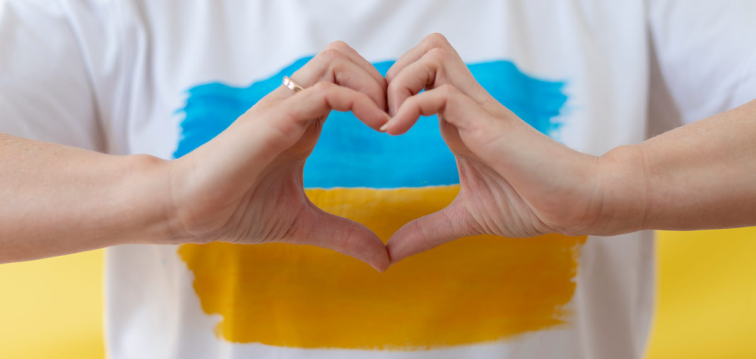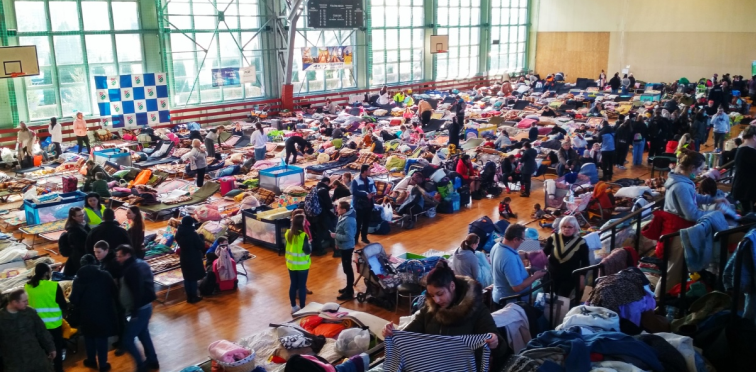Slacktivism?
Each month, scores of socially significant topics compete for our attention. From environmental awareness, to local and global politics, to the predicament of minorities or the mistakes of the majority. Wars, armed conflicts, smog, natural disasters – all briefly acknowledged, filtered through the news, all are vying for our opinion. What’s needed is an expression that is safe, sympathetic, but clear enough to the individual’s social media circle of friends and observers to classify the person expressing the opinion as a socially sensitive person. Even if they only swapped plastic bags for reusable bags as part of their eco-friendly efforts, nothing prevents them from giving giving themselves #zerowaste status.
The trend of slacktivism, (a combination of the word slack and activism) is very popular among social media users. It’s based on safe, cursory expression of opinions and virtual support for social action. The trend has been defined by the United Nations as supporting a cause through simple means, but without committing or sacrificing to bring about social change. Sometimes the trend is also called clicktivism, due to the ease with which we like posts or comments. As a result, we are giving a virtual thumbs up instead of demonstrating or working for a chosen community.

A measure of commitment
On February 24, Russia attacked Ukraine. All around the world, both businesses and private individuals showed numerous gestures of solidarity.
As the images of war dominated news coverage, social media platforms were awash in blue and yellow, the colors of the Ukrainian flag.
Businesses all over the world changed their logos to reflect the national colors of Ukraine. Many people felt compelled to declare their support publicly, because, at that moment, not saying something was the equivalent of not caring.
From the beginning of the war in Ukraine, Poland, like no other country, was gripped by a breathtaking mobilization, mostly through social media. Individuals organized fundraisers and stockpiled nececcasaties for their feeling neighbors.

Within hours, warehouses collecting aid for refugees were overflowing, and border crossings were lined with vehicles from all parts of the country. These cars not only carried in-kind aid, but also took refugees with them. The openness with which Poles were prepared to receive those fleeing Ukraine into their own homes was also admirable. Surprisingly, the people of Poland were not motivated by fear or optics, but by an unprecedented sense of solidarity with the neighboring country’s brothers and sisters fleeing the war.
Nevertheless, not everyone is a passionate world-changing activist and not everyone pitched in and helped out equally. There were those, motivated purely by optics, who also placed themselves at the center of the narrative, for the sake of validating their egos.
There were others who used the conflict in Ukraine as opportunistic, performative activism.
Likes don't save lives
Performative activism is easy, however it will not stop the atrocities occurring in Ukraine, nor will it help the millions of refugees who fled the country.
It’s done more with the intent to increase your own social capital, rather than a genuine interest in helping the actual cause.
We have to be cognizant of the fact that posting a “No to War” graphic won’t put an end to the mounting death toll in Ukraine.
Yes, support, even when it’s purely symbolic, is important. Although posting a message on a social media platform might seemingly signify to the world, “I am aware this is going on right now. I care!” However, in reality, it does very little.
It’s important to know that even though the conflict may seem like it’s far away, there are things we can do to help those in need. Things that go beyond only publicly posting about our support for Ukraine.
We can make thoughtful, meaningful contributions to those in need by not only making donations to the organizations helping with the humanitarian effort on the ground, but we can also contribute our time by helping the refugees who have found safety in numerous countries around the world.
While our gestures of solidarity may seem small, we should know that there are ways to help beyond the confines of our social media pages.
←
matters
entered the mainstream market
→
Social media has
entered the mainstream…
Ready to talk?
Leave your email address with us and we will provide you with thirty minutes of consultancy, free of charge
